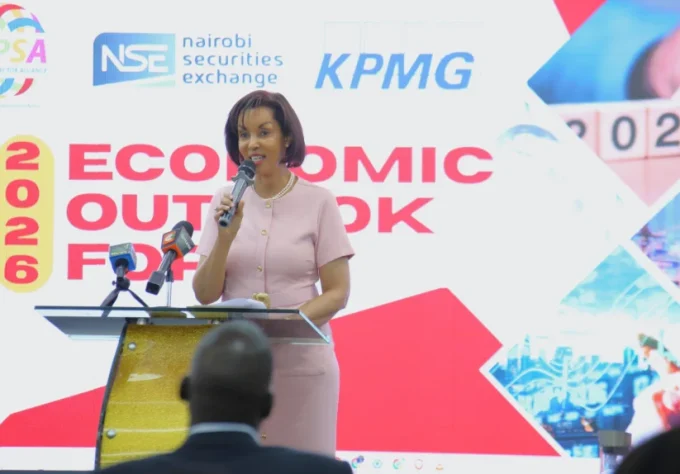Music royalty distribution encompasses the compensatory process for artists’ creative contributions, historically entangled in intricacies that give rise to concerns regarding equity and transparency. The evolution of music distribution methods has witnessed a dynamic transition over time, shifting from traditional models heavily reliant on intermediaries to more contemporary and agile approaches.
The emergence of blockchain technology marks a pivotal moment, presenting a decentralized alternative to conventional royalty distribution models. This shift holds the potential to revolutionize the music industry by introducing a more transparent and equitable framework for compensating artistic contributions. Within this transformative landscape, the “Quantum Qpixel,” an online trading system, offers a notable example of how technology can reshape industries, albeit in a distinct context.
The Traditional Music Royalty System
Challenges and Inefficiencies in Traditional Models
The traditional music royalty system has faced myriad challenges, including opaque processes and delayed payments. Explore the inefficiencies that have long plagued the industry.
Role of Intermediaries and Middlemen
Delve into the role of intermediaries in the traditional music royalty system, examining how their presence has contributed to complexities and disputes in compensation.
Fairness and Transparency Concerns
Address concerns regarding the fairness and transparency of traditional royalty distribution systems, shedding light on the frustrations faced by artists seeking just compensation.
Blockchain Technology Overview
Basics of Blockchain and Decentralized Ledger
Provide a comprehensive overview of blockchain technology, emphasizing its decentralized ledger system and the fundamental principles that underpin its effectiveness.
Smart Contracts and Their Role in Music Royalty Distribution
Explore the role of smart contracts in automating and ensuring the execution of royalty agreements, eliminating the need for intermediaries and enhancing efficiency.
Advantages of Blockchain in the Music Industry
Highlight the advantages of implementing blockchain in the music industry, such as increased transparency, reduced disputes, and more direct artist-to-fan interactions.
Decentralized Music Royalty Systems
Introduction to Decentralized Alternatives
Introduce decentralized alternatives to traditional royalty systems, exploring how these alternatives leverage blockchain to create a more equitable and efficient distribution system.
Enhancing Transparency and Trust
Examine how blockchain’s inherent transparency and immutability contribute to building trust among stakeholders in decentralized music royalty systems.
Case Studies of Successful Decentralized Royalty Systems
Showcase real-world examples of successful decentralized royalty systems, illustrating their impact on the music industry and the artists involved.
Tokenization of Music Assets
Concept of Tokenization in the Music Industry
Break down the concept of tokenization in the context of the music industry, elucidating how it transforms traditional notions of ownership and distribution.
Tokenomics and Its Impact on Royalty Distribution
Discuss the economic principles of tokenomics and their role in reshaping how artists are compensated, emphasizing the potential for more equitable distribution.
Ensuring Fair Compensation for Artists
Analyze how tokenization contributes to ensuring fair compensation for artists by providing a direct and transparent link between creative output and financial rewards.
Overcoming Challenges with Blockchain Implementation
Regulatory Hurdles and Compliance in the Music Industry
Investigate the regulatory challenges associated with implementing blockchain in the music industry, exploring potential solutions and frameworks for compliance.
Addressing Privacy Concerns and Data Security
Examine the privacy concerns and data security issues related to blockchain implementation, emphasizing strategies and technologies to mitigate risks.
Adoption Challenges and Industry Resistance
Explore the challenges faced by the industry in adopting blockchain solutions for royalty distribution and strategies to overcome resistance from traditional stakeholders.
Future Trends and Trends
NFTs and Their Role in Music Royalty
Explore the rising trend of Non-Fungible Tokens (NFTs) and their potential impact on music royalty distribution, highlighting new avenues for artists to monetize their work.
Integration of AI and Machine Learning in Royalty Management
Investigate the integration of AI and machine learning in royalty management, exploring how these technologies can enhance accuracy, efficiency, and personalization in compensation.
Potential Disruptions and Transformations in the Industry
Anticipate and discuss potential disruptions and transformative shifts in the music industry as blockchain technology continues to evolve, reshaping traditional paradigms.
Conclusion
In conclusion, the adoption of blockchain technology in music royalty distribution offers a transformative shift towards a more transparent, efficient, and artist-centric system. By leveraging the decentralized nature of blockchain and the use of smart contracts, the music industry stands to benefit from enhanced fairness and streamlined processes in compensating creative contributors.
Looking ahead, the future landscape of music royalty distribution in the blockchain era presents a promising picture of positive change, with potential for reduced disputes and increased trust among stakeholders. This evolution encourages artists and industry stakeholders to embrace the shift, recognizing the collective advantages that come with a more equitable and transparent music ecosystem.
Embracing the transformative potential of blockchain is not merely an option but a pathway to a more just and artist-friendly future in the dynamic realm of music royalty distribution.













Leave a comment